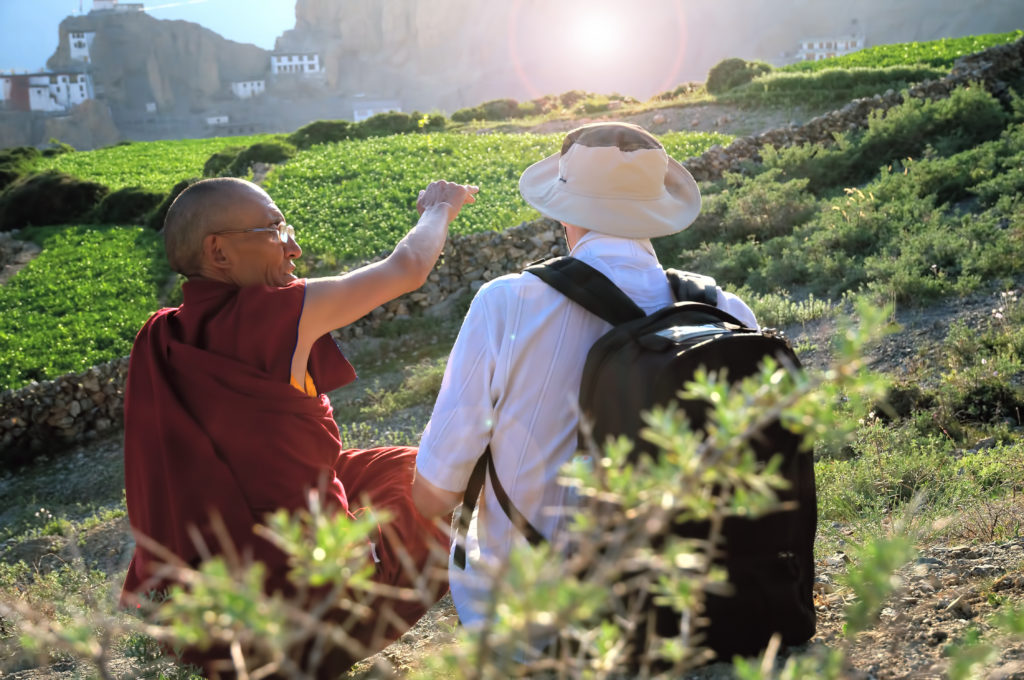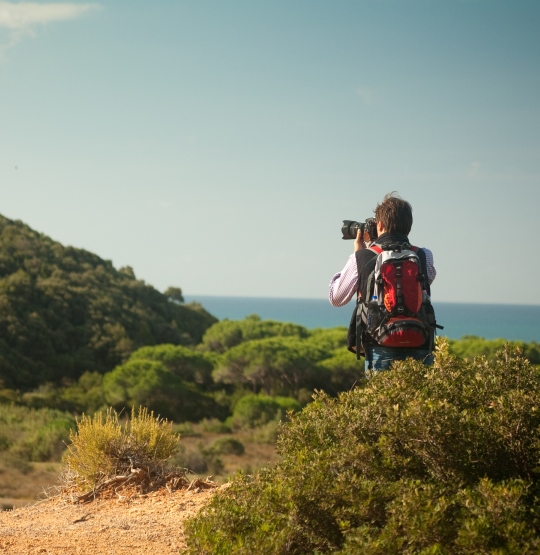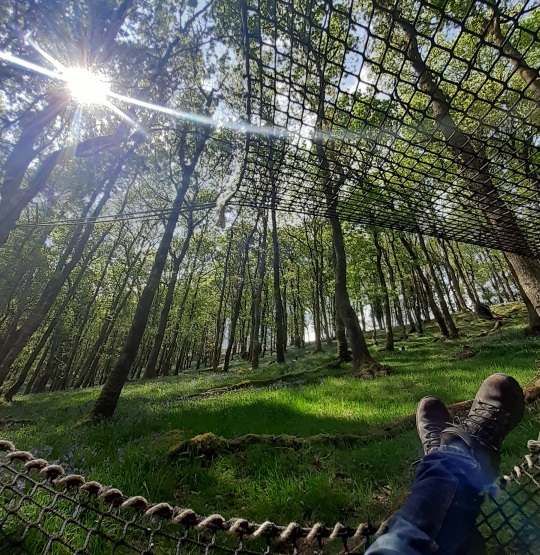In an era of mass tourism, where destinations are often overshadowed by overcrowded attractions and commercialization, a growing movement is seeking to redefine the travel experience. This movement lies close to the heart of Not In The Guidebooks, in that our entire approach to travel centres around the concept of community-based tourism, but what exactly it?
Community-based tourism (CBT) is emerging as a transformative approach that not only enriches the traveller’s journey but also empowers local communities. In this article, we will delve into the essence of community-based tourism, exploring its principles, benefits, and the profound impact it has on both travellers and the destinations they visit.
Understanding Community-Based Tourism

At its core, community-based tourism is a sustainable and participatory travel model that places local communities at the forefront of the tourism experience. Unlike traditional tourism, where large corporations dictate the narrative, CBT is a collaborative effort that involves the active participation of the community in the planning, development, and management of tourism activities.
For example, on an experience with Not In The Guidebooks, your holiday will have been designed and driven by a local supplier in the community you are visiting. This means that the money you spend, the places you visit and the people you meet will have a vested interest in supporting and protecting their locality, resulting in a more authentic experience for yourself, and a more beneficial type of tourism for the community.
Principles of Community-Based Tourism
Cultural Respect and Preservation: CBT emphasizes the preservation of local cultures and traditions. Visitors are encouraged to engage respectfully with the community, fostering a mutual exchange that celebrates diversity.
One of the most important parts of travel, in our opinion, is exposing yourself to different cultures and other ways of life, broadening your horizons as you explore. When tourism dilutes a culture and panders to the wants and needs of the influx of visitors, this aspect is lost.
With CBT, the tourism enterprises with the local community in mind will strive to protect these local cultures and traditions, keeping a place both with its cultural identity and its place as a desirable destination for travellers looking to enrich themselves in a new environment.
Economic Empowerment: One of the primary goals of CBT is to empower local economies. By involving community members in tourism-related activities, such as homestays, guided tours, and artisan workshops, CBT channels financial benefits directly to the people who call the destination home.
With Not In The Guidebooks, all our experiences and holidays are created by locals, meaning that when you pay for an NITGB experience, your money goes directly to that local economy.
Whether it’s a wildlife holiday in Costa Rica or a cooking holiday in Italy, you will be supporting numerous independent, local enterprises, rather than simply spending the vast majority of your money with a large global chain.

Environmental Sustainability: Community-based tourism often prioritizes environmentally friendly practices. From responsible waste management to the promotion of eco-friendly transportation options, these initiatives contribute to the long-term health of the destination.
This is because, as locals, the individuals involved with running the tourism industry in their area will clearly favour sustainable practices that keep their homes pristine and undamaged by tourism.
This is especially true of destinations where natural environment plays a large role in attracting tourists. Overtourism leads to a damaged environment, which then leaves the entire region a less attractive proposition to new tourists, eventually leading to a downturn in the local economy.
Empowering Communities: CBT seeks to empower local communities by involving them in decision-making processes. This empowerment leads to a sense of ownership over the tourism activities, fostering pride and a commitment to sustainable development.
In many popular tourist destinations, the local population can feel alienated from the impact of tourism on their traditional ways of life, which can lead to tension between travellers and residents who don’t feel as though the tourism industry is serving the community, rather it seems to simply serve tourists alone.
With CBT, decision makers can establish mutually beneficial relationships between visitors and locals, making tourism and travel benefit both parties.
Popular Responsible Experiences
Benefits of Community-Based Tourism:
Authentic Experiences: Travelers engaged in community-based tourism enjoy authentic and immersive experiences. They have the opportunity to connect with locals on a personal level, gaining insights into daily life that go beyond the surface.
So many travellers end up leaving a country without having got in touch with where they have visited. Whilst there is a place for a beach holiday that could realistically be in hundreds of different locations around the world, we feel this is missing the point in travelling to a new destination.
When travellers experience community-based tourism, they get in touch with the local culture and experience tradition, creating a more memorable and enriching trip.

Cultural Exchange: CBT facilitates genuine cultural exchange between visitors and locals. This exchange fosters understanding, breaking down stereotypes, and creating a more interconnected world.
To us at Not In The Guidebooks, this is one of the most important aspects of travel. We believe that travel can create a sense of empathy and understanding in the individuals who partake in it, and that is why we are such huge supporters of CBT as a concept.
Sustainable Development: By placing community well-being at the forefront, CBT contributes to the sustainable development of destinations. Tourism revenues are reinvested in local infrastructure, education, and healthcare, ensuring a positive impact on the community’s overall quality of life.
Preservation of Heritage: The preservation of cultural and natural heritage is a central tenet of CBT. This ensures that future generations can continue to benefit from and appreciate the unique aspects of their community.
It also means, as we discussed earlier, that unique cultures and ways of life that often attract visitors in the first place are left intact, as opposed to the dilution of culture due to mass tourism.
Community-based tourism is a powerful force for positive change in the travel industry. By shifting the focus from profit-driven enterprises to community-driven initiatives, CBT offers a blueprint for a more sustainable and meaningful approach to travel. As travellers, we have the opportunity to be conscious participants in this movement, choosing experiences that not only enrich our lives but also contribute to the well-being of the communities that generously open their doors to us.






















 Costa Rica
Costa Rica 



 01/06/2022
01/06/2022 




